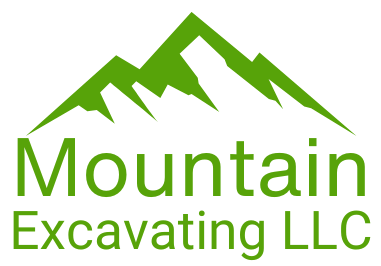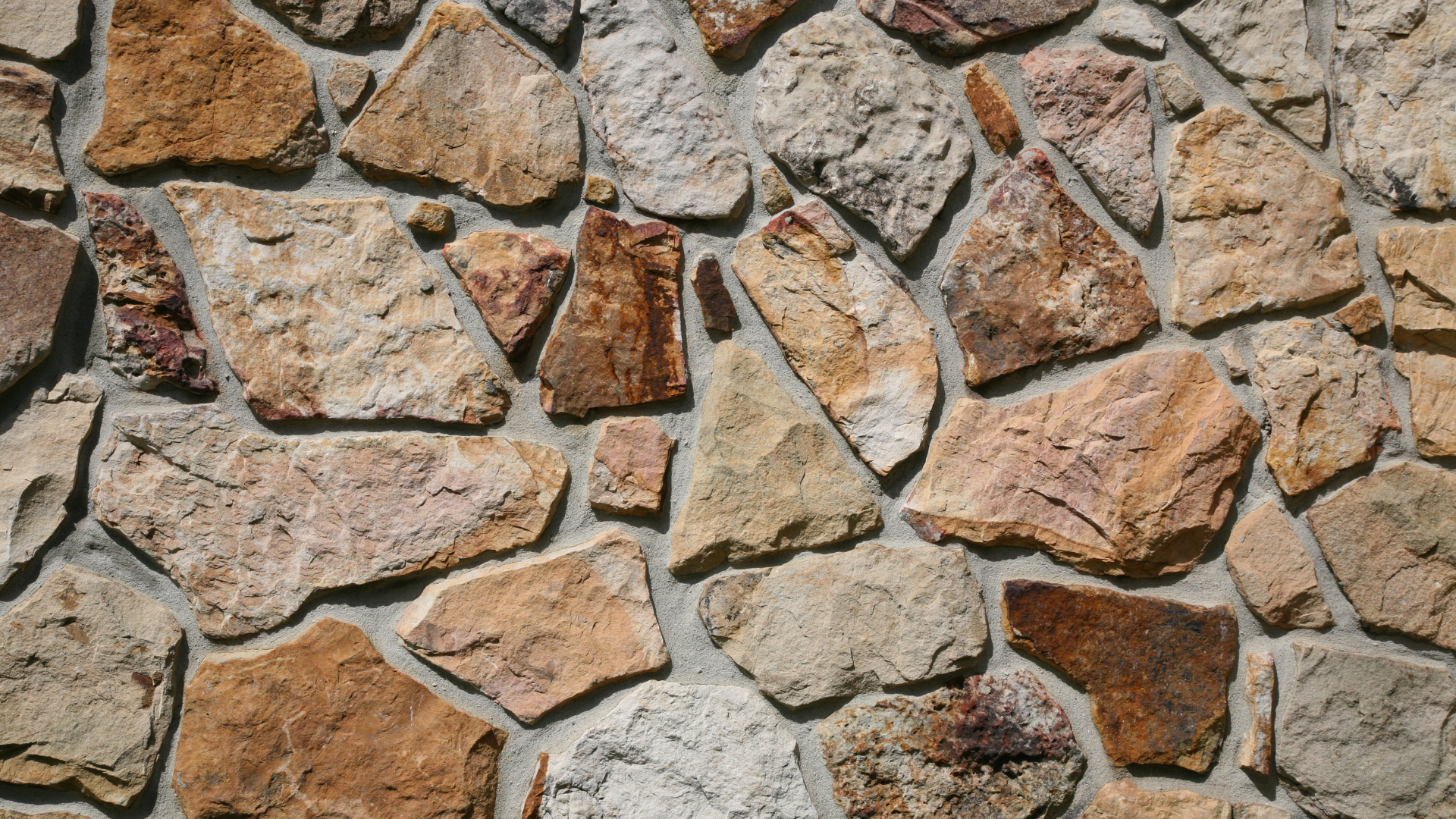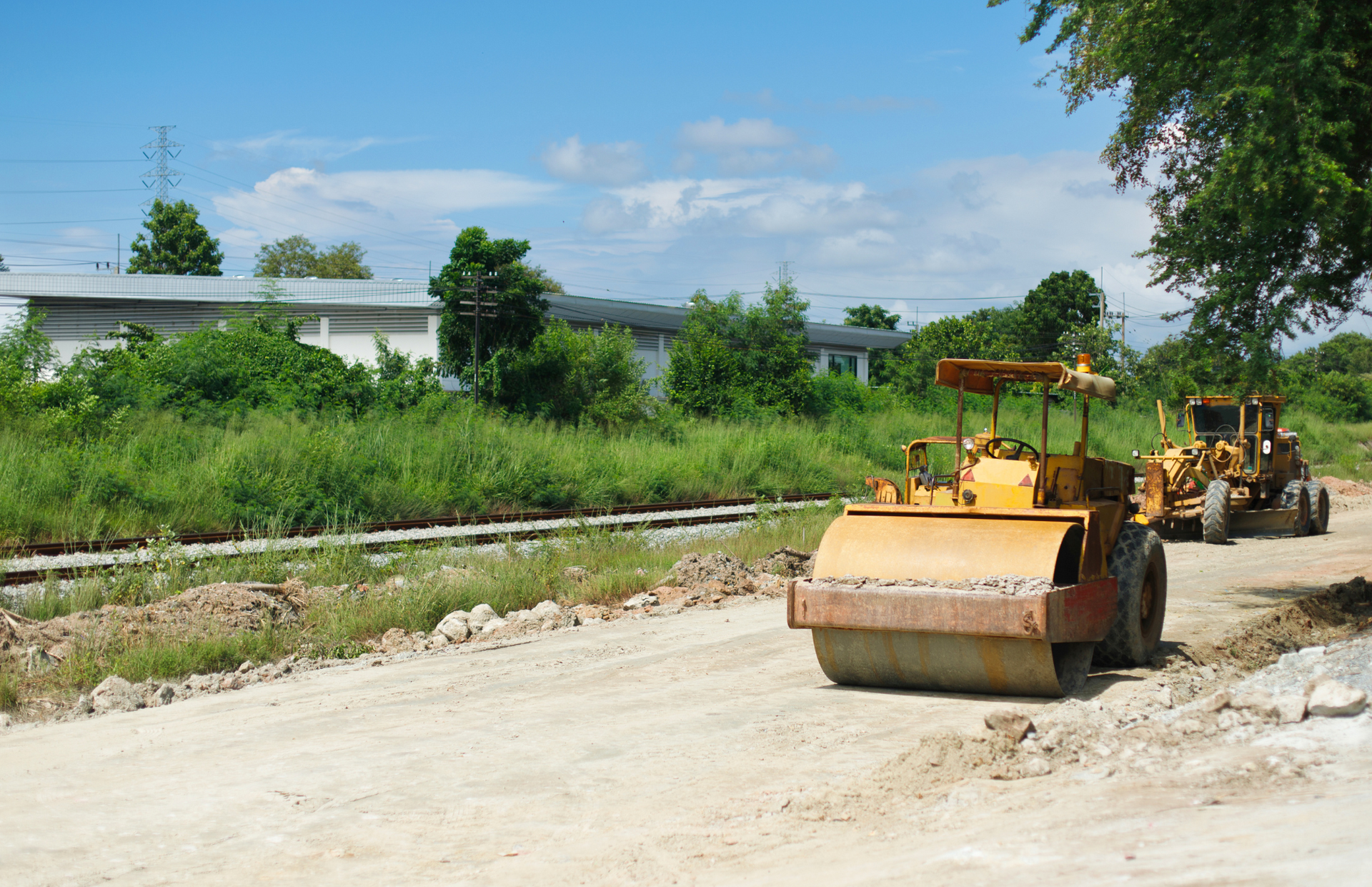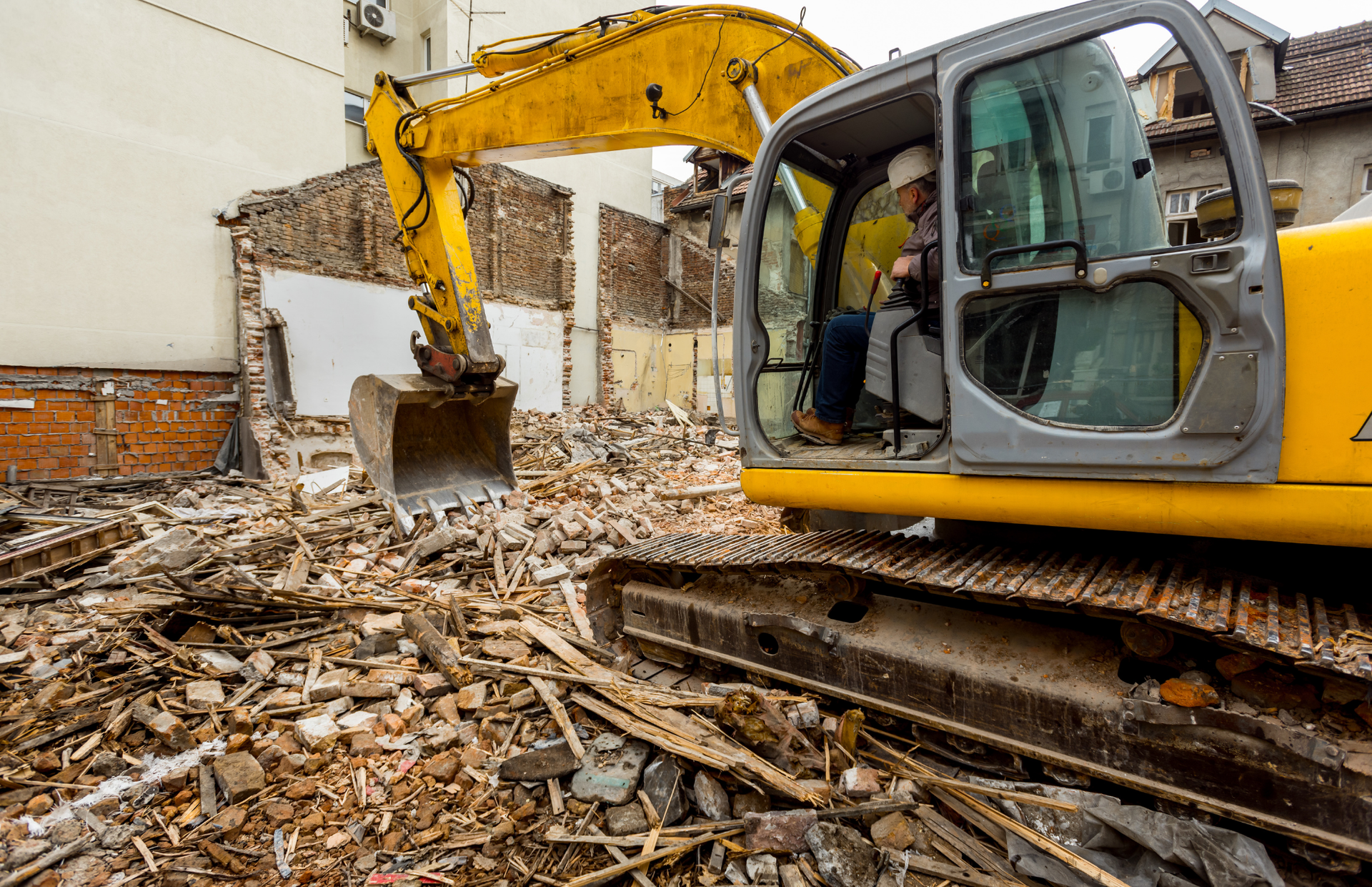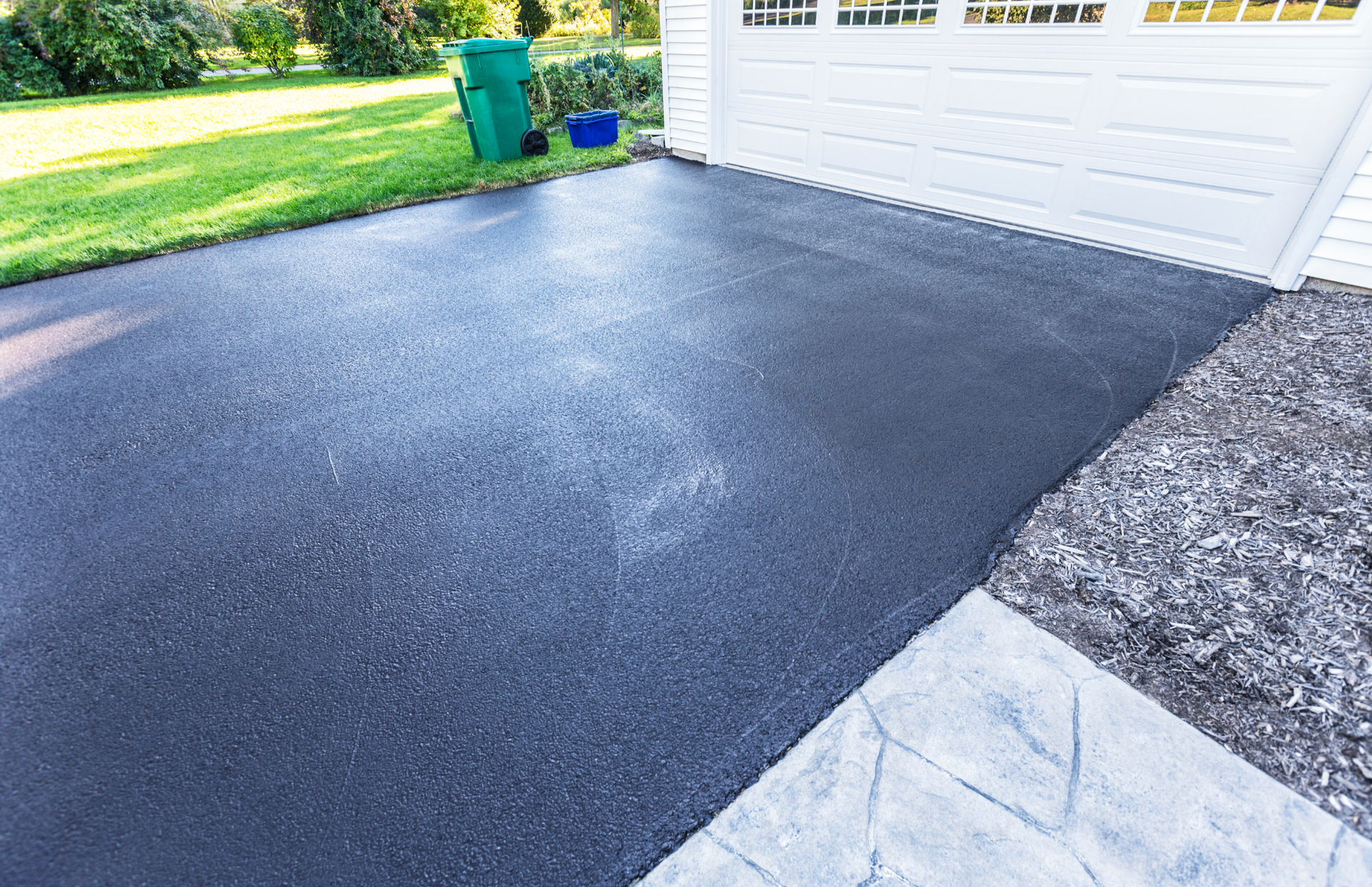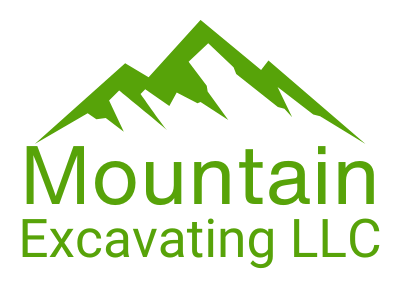How to Prepare Land for Building in Pisgah Forest, NC
Land Preparation in Pisgah Forest, NC
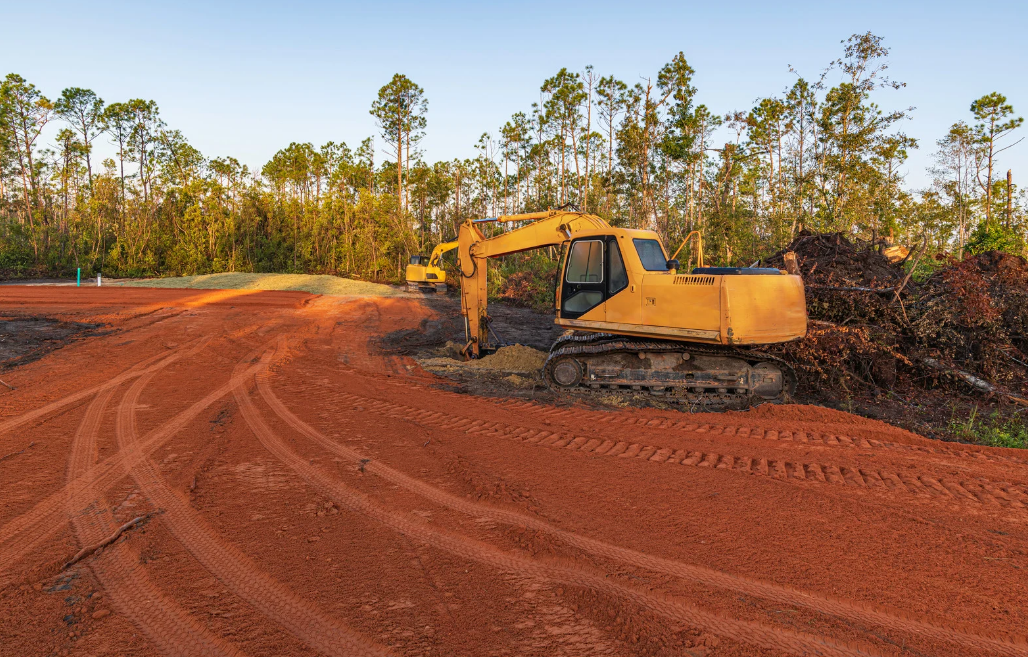
How to Prepare Land for Building in Pisgah Forest, NC
Preparing land for a construction project in Pisgah Forest, North Carolina, requires more than clearing trees and flattening the soil. With the region’s hilly terrain, clay-rich soils, and heavy seasonal rainfall, land development must be approached with experience, precision, and a strong understanding of local conditions.
In this comprehensive guide, we outline every step involved in preparing land for building in Pisgah Forest—from site assessment to erosion control—and explain how partnering with a trusted local excavation contractor like Mountain Excavating LLC ensures your project gets off to the right start.
Why Land Preparation Is Crucial Before You Build
Land preparation lays the physical and regulatory foundation for construction. Done improperly, it can lead to drainage failures, structural issues, permit violations, and increased costs during the build.
In mountain-adjacent areas like Pisgah Forest and nearby towns such as Brevard and Hendersonville, land conditions are highly variable. Steep slopes, buried boulders, soft subsoils, and heavy rain all demand careful planning and experienced excavation.
Before you pour a foundation or install utilities, the land must be ready to safely support those systems.
What’s Involved in Preparing Land for Construction?
Below is a detailed breakdown of the land preparation process as it applies to residential, commercial, or agricultural projects in Western North Carolina.
1. Site Evaluation and Planning
The first step is a detailed inspection of the property, which includes:
- Identifying the slope, elevation changes, and drainage patterns
- Examining soil type and compaction potential
- Locating obstacles like large trees, boulders, or bedrock
- Reviewing existing site access for excavation equipment
- Determining permit requirements and setbacks
This initial evaluation informs the grading plan, drainage strategy, and any engineering modifications needed.
Tip: Soil testing is recommended if you plan to build a structure with a foundation. Compaction, moisture retention, and load-bearing capacity all affect how a structure will settle.
2. Clearing the Lot
Most properties in Pisgah Forest and surrounding areas are wooded. Clearing the land includes:
- Removing all trees, underbrush, and stumps
- Hauling away organic debris or burning (if permitted)
- Removing rocks and surface boulders
- Clearing space for staging, vehicle access, and construction materials
Professional clearing ensures the land is not just empty, but safe and ready for excavation. In steep or erosion-prone areas, trees may be selectively left in place to stabilize slopes, especially near creeks or drainage areas.
Mountain Excavating LLC uses land-clearing techniques suited for mountain environments, ensuring minimal environmental disruption and maximum buildable space.
3. Rough Grading the Land
Once the site is clear, rough grading shapes the land into a usable surface. This process adjusts the land to accommodate:
- Building pad areas
- Driveway and access road grades
- Proper drainage slopes
- Septic or utility areas
Grading must be done to precise elevation targets so that water flows away from foundations and into controlled drainage areas. In Pisgah Forest, poor grading can lead to erosion, flooding, or unstable structures.
For sloped properties, grading often involves a combination of “cut and fill”—cutting into higher ground and using that soil to fill low areas.
4. Drainage and Erosion Control Planning
Western North Carolina receives over 60 inches of rainfall per year. Without a proper drainage system, even a well-graded site can erode or flood. A key part of land preparation is designing and installing drainage systems such as:
- Swales or shallow ditches
- Culverts and drainpipes
- French drains
- Retaining walls with weep holes
Erosion control also includes installing:
- Silt fences to protect nearby streams
- Temporary check dams or straw bales
- Matting or geotextiles to stabilize exposed slopes
Depending on the size of the disturbed area, you may be required to submit an erosion control plan to the county. Mountain Excavating LLC provides erosion solutions that are both compliant and effective.
NC DEQ Erosion Control Guide – https://deq.nc.gov
5. Excavating for the Building Foundation
After the site has been cleared, graded, and stabilized, excavation for the building footprint begins. This involves:
- Digging trenches for footing and foundation forms
- Removing excess material from slab areas
- Preparing crawl space or basement areas
- Compacting subgrade for structural stability
- Backfilling after foundation is poured
If utilities like sewer, septic, or electrical lines are part of the project, trenching for those will typically occur during or immediately after foundation excavation.
In mountainous areas, it’s common to encounter rock layers that require specialized equipment or controlled blasting referrals. Local knowledge of Pisgah Forest’s subsurface geology helps ensure excavation is completed safely and on budget.
6. Trenching and Utility Prep
Utility installations typically require their own phase of land preparation. This includes:
- Water and sewer line trenching
- Electrical conduit installation
- Gas line paths (if applicable)
- Internet or phone lines
All trenches must meet state and local code requirements for depth, separation from other lines, and slope. In rural areas, septic systems may require an additional level of land preparation, including drain field grading and gravel bed installation.
Mountain Excavating LLC coordinates with utility providers and general contractors to ensure every trench is placed precisely, with safety and inspection requirements in mind.
7. Access Road and Driveway Installation
In remote or sloped parts of Pisgah Forest, the access road is a critical part of land preparation. Driveway and private road construction may involve:
- Clearing and grading the path
- Installing culverts for water crossings
- Laying a compacted gravel base
- Applying geotextile fabric to prevent rutting
- Topping with crushed stone or asphalt
A poorly designed driveway can become impassable in rain or snow. Early installation of a stable construction access path also makes the entire build more efficient and safer for equipment.
8. Final Site Balancing and Compaction
Once the major work is done, the site is balanced and compacted. This final stage ensures:
- Soil is evenly distributed
- Pads are compacted to support structures
- Drainage functions as designed
- Slopes are stable and meet design specs
At this point, the land is considered “build ready,” and the general contractor can begin construction.
Local Considerations: Pisgah Forest, Brevard, and Western NC
Land in this region is diverse. Even a single parcel can include:
- Steep slopes and level terraces
- Clay-rich soil and sandy patches
- Springs or hidden water runoff
- Protected trees or wetlands
Hiring a contractor familiar with Transylvania County regulations and terrain avoids mistakes that less experienced excavators make.
For example, properties near the French Broad River or state forest lands may require special drainage or erosion permits. Mountain Excavating LLC has worked with inspectors across Brevard, Pisgah Forest, and Henderson County to ensure compliance and smooth project progression.
Transylvania County Planning – https://www.transylvaniacounty.org/departments/planning-and-community-development
Timeline: How Long Does Land Prep Take?
The timeline for land preparation varies by lot size, terrain, and weather, but here’s a typical schedule for a residential property:
Phase
Time Estimate
Site planning and permits
1 to 2 weeks
Clearing and debris removal
2 to 4 days
Grading and drainage prep
3 to 5 days
Foundation excavation
2 to 4 days
Utility trenching
2 to 3 days
Final compaction and balance
1 to 2 days
Total time estimate
2 to 3 weeks
Weather delays are common in this region, especially in spring and late summer.
Cost of Land Preparation in Pisgah Forest
Pricing depends on lot size, slope, soil, vegetation density, and specific project needs. A typical range includes:
- Basic clearing and grading (1 acre): $5,000 to $9,000
- Foundation excavation: $2,000 to $5,000
- Driveway installation: $3,000 to $10,000
- Utility trenching: $1,500 to $4,000
- Retaining walls or special drainage: Additional $3,000+
Mountain Excavating LLC provides custom quotes based on an on-site evaluation, ensuring you receive accurate, transparent pricing.
Frequently Asked Questions
Do I need a permit to clear trees in Pisgah Forest?
Most clearing on private rural land does not require a permit. However, disturbing over one acre, or working near waterways or public roadways, may trigger permit requirements. Always check with the Transylvania County Planning Department.
Can I do my own land clearing?
For small garden projects, possibly. But for full construction prep, including grading and erosion control, it’s highly recommended to hire a licensed excavation contractor with appropriate equipment and knowledge of local regulations.
When is the best time of year to prepare land in Western NC?
Late fall through early spring is typically ideal. The ground is more stable, vegetation is dormant, and weather delays are less frequent than in summer.
What happens if the land isn’t graded properly?
Poor grading can result in water pooling around your foundation, erosion on slopes, and even structural failure. It can also delay inspections and construction permits.
Call to Action: Start With a Solid Foundation
Mountain Excavating LLC is trusted by builders, homeowners, and developers across Pisgah Forest and Western North Carolina for reliable, professional land preparation services.
We handle everything from land clearing and grading to utility trenching and erosion control—ensuring your site is build-ready and compliant from day one.
Contact us to schedule a site evaluation or request a quote:
- Phone: (828) 553-9830
- Email: plandreth08@gmail.com
- Service Area: Pisgah Forest, Brevard, Hendersonville, and surrounding communities
- Google Business Profile: https://g.co/kgs/7PFxjDq
Internal Linking Opportunities (Placeholder URLs):
- [Grading Services in NC – https://www.mountainexcavating.com/grading]
- [Lot Clearing – https://www.mountainexcavating.com/clearing]
[Driveway Construction – https://www.mountainexcavating.com/driveways]
